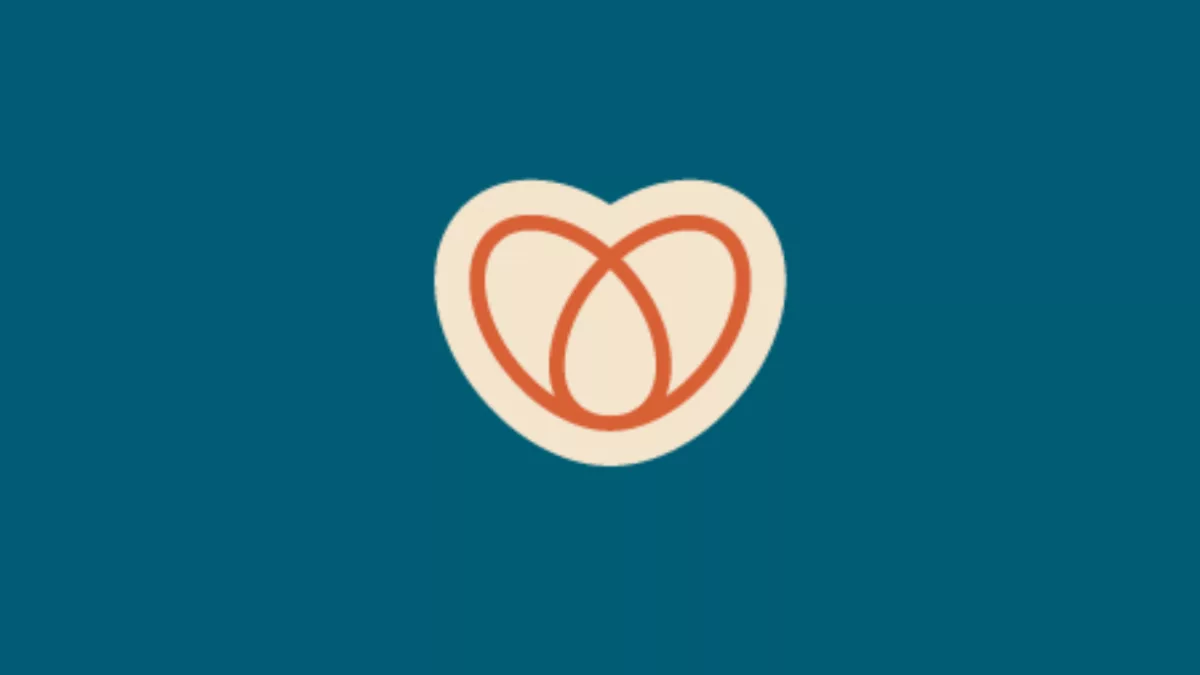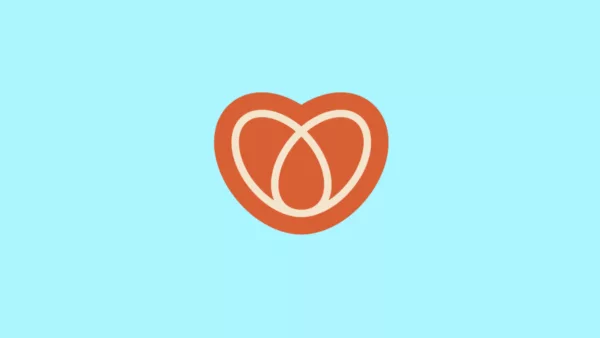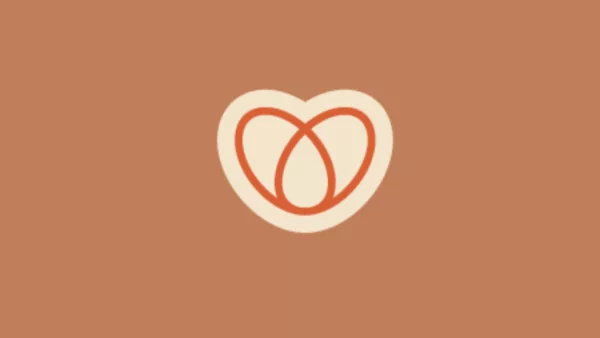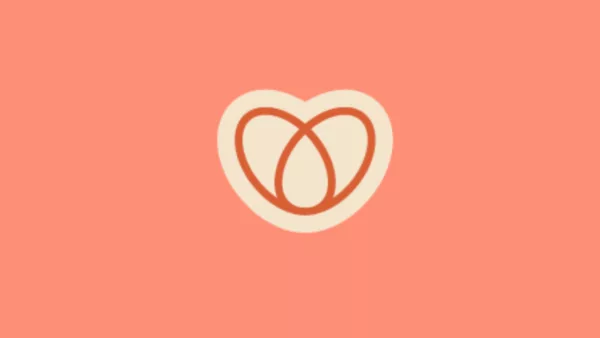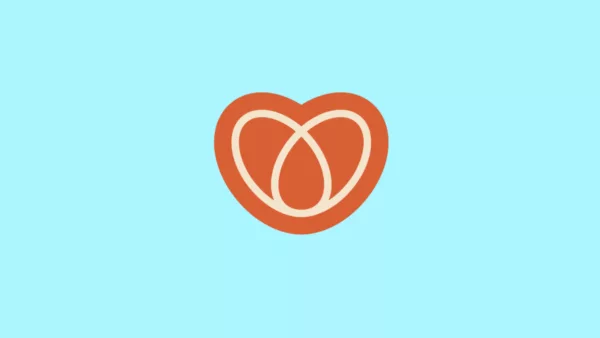Before my husband and I married we discussed having a family and our expectations regarding how many children we would like. We settled on two. Just like that, like somehow we could order up two children with ease. Six months after we married and not yet pregnant, we consulted with a fertility specialist who delivered the diagnosis that, unbeknown to me, I had severe endometriosis.
An operation, a round of IVF treatment and blessedly I was pregnant within three months of diagnosis with our first child, a lovely healthy son, Jack*. The plan was coming together nicely.
When Jack was two we felt ready to add to our family once more. Three rounds of IVF followed, each with less encouraging results and no baby. Finally our fertility specialist advised us that we had such a tiny chance of conceiving a baby with one of my eggs, it was time to consider egg donation or adoption in order to add to our family. There is a name for it: secondary infertility, and it’s not that uncommon.
My husband and I gave our options due consideration and decided neither egg donation nor adoption were something we personally wished to pursue. We turned our attention back to our family and away from striving for the much-wanted second child.
My husband came to terms with it reasonably quickly and I envied him for that. Thankfully I didn’t resent him, instead looked to him for guidance on how to come to terms with our situation. He had a satisfying job to go to each day. For me, as a full time mum, it was hard. A lot of our friends, neighbours, acquaintances – everyone it seemed – were having their second or third children.
Double buggies and people movers, anything that signified a family of more than one child, seemed to taunt me. I started looking for other only children in Just one beautiful child Learning to accept and be grateful for what life brings us is not always easy, and sometimes takes time... a bid to somehow validate our situation. I’d see them with their parents, breathe a sign of relief, only to see another child appear from out of view and complete the picture.
I enjoy reading house and garden magazines and I would pore over the pages willing at least one of the families featured enjoying their lovely home to have just one child – if they could be magazine perfect with one child then so might we.
I envied people, not only with more than one child but those who could have additional children but chose to have just one. I found myself explaining to complete strangers in the playground why Jack was an only child, like it was somehow socially unacceptable to have just the one.
All the while genuinely well-meaning people were trotting out what they believed were comforting words – certainly truthful – but not especially comforting. “You’ll be able to travel” (yes, and airlines and hotels still welcome you with two children); “You’ll be able to take one of Jack’s friends on holiday with you” (sure, this is definitely a great practical solution but not in the least bit reassuring when you’re coming to terms with not being able to share your lives with a second child); and “You are just so lucky you have Jack” (very, very true, but why should we graciously accept only being able to have one child simply because I suffer from a disease?). A couple of friends said something that has always stayed with me: “That’s awful. You’re great parents. You deserve to have another child”. Validation can be so comforting.
Other people’s pity felt like the enemy. I did not want a single person to pity us. Sympathise with us but please, please do not pity us. Trying to think how lucky we were, with couples at the fertility clinic still childless, didn’t help one bit. How can reassuring yourself on the back of someone else’s misfortune ever be a good thing? It seems mean to me. Our friends were great, never tiptoeing around the subject of their growing families, happily sharing their family expansion news with us when they were pregnant. This was so important to us. I won’t say it wasn’t hard and I usually had a day or two of mixed feelings; happy for them, and sad for us, but that soon passed. We have so enjoyed the arrival of each and every one of these children. I thank all our wonderful friends and family for entrusting us with the care of their precious children. This certainly has gone
some considerable way to filling the gap.
When Jack was four, we made a couple of decisions that have come to really enrich our lives as a family. The first was to buy a beach house. The house brings a new dimension to our family life and gives us somewhere the three of us can come together and really connect. It is also a great place to gather with friends and family. Jack loves our weekends and holidays there, sharing our retreat with his buddies.
The second was getting a pet. I did some research and just before Jack turned five, we
brought home the most charming little Burmese kitten, who Jack promptly named Toby. Toby also went just a little way towards filling the gap. He is loving and playful and brings an empty
house alive. Jack calls him his fur brother and I jokingly call him my second born. Naturally Jack has asked why he doesn’t have siblings like his friends and we have always been honest and up front with him about my disease, his conception and my inability to grow another baby in my tummy. Thankfully he is very accepting, only occasionally raising the subject and he is easily reassured.
I believe there are benefits in having siblings and not having siblings and they possibly come
out about even. A friend and mum of an only child once told me you are under no obligation to provide your child with a sibling but you are obliged to provide them with a social network. That we have done, and done well, I believe.
Jack started school this year. We made the conscious decision to send him to our local school. We wanted him to strongly identify with his own community. He is loving it and we are loving it too. We really enjoy our sociable walks to and from school and the ease of neighbourhood play dates.
I’m not conscious of the day, week or even month the shift occurred but it did. The gap in our family, that existed in my head and heart for about three years, has closed up or been filled. I’m not sure which. I am a Mum and can enjoy all that comes with the ups and downs of motherhood just the same as any Mum. I am at peace with the blessing of just one beautiful child and am free now to truly appreciate our great marriage, our awesome kid and our family unit which happens to be just perfect, for us.


